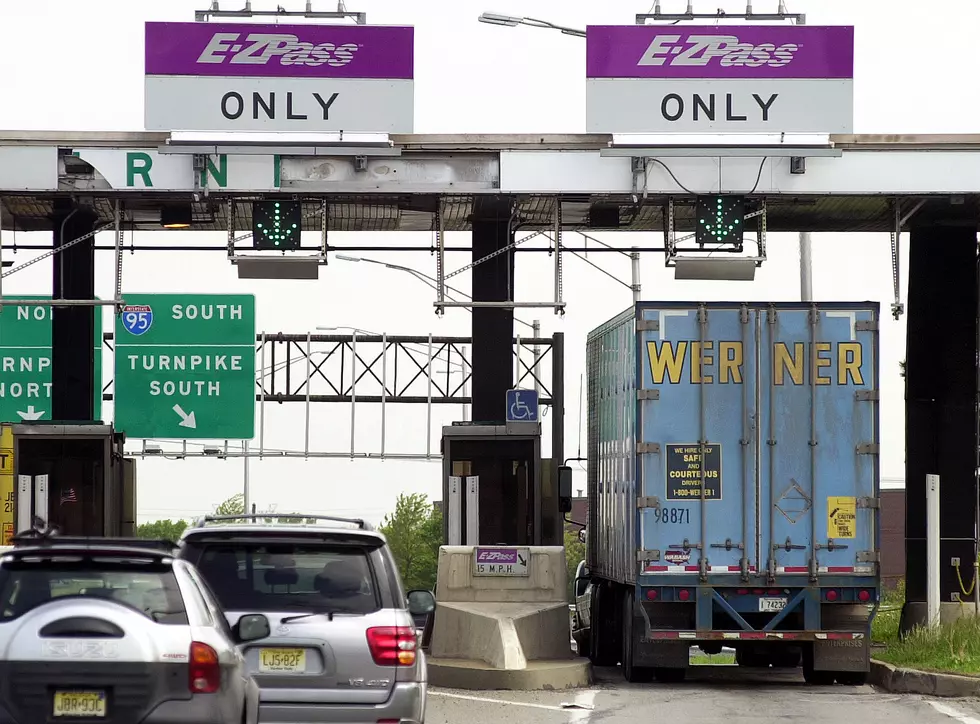
Lawyer: $50 E-ZPass fines are ‘taxation without representation’
Before there was a United States of America, the term ‘taxation without representation’ became a popular anti-British slogan among citizens of the original 13 American colonies.
They were angry about having to pay taxes to an entity — the British Parliament where they had no representation, no voice.
The attorney heading up a class-action suit on behalf of New Jersey motorists who have received $50 fines for E-ZPass violations argues the same kind of unjust "taxation without representation" is taking place when those fines are issued through the Turnpike Authority.
Matthew Faranda-Diedrich, a partner at Royer Cooper Cohen Braunfeld LLC in Philadelphia, said the Turnpike Authority generates a substantial amount of revenue every year for New Jersey by charging tolls on the Turnpike and the Parkway, but says it's also raising tens of millions each year through E-ZPass fines.
“This is really another form of tax," he said. "A lot of innocent motorists go through and get a $50 charge. They’re the ones who are bearing the burden of this.”
He said what’s being charged for E-ZPass violations amounts to a tax because the statute that allows for the recovery of a fee “is not designed to generate incremental revenue for the Authority. What it really is designed to do is recoup the cost of collection. It’s designed to be break even."
He said the lawsuit argues “the $50 grossly exceeds any actual cost, and that the actual cost is only a fraction, the facts are the facts.”
A spokesman for the Turnpike Authority declined a request for an interview, but in an emailed response he said “the Turnpike Authority has said a whole lot about the plaintiffs’ claims publicly in court filings, testimony, and arguments. While the case remains in litigation, we will let those speak for themselves and refrain from making additional comments through the media.”
The Authority has previously said the $50 fine for E-ZPass violations, which was doubled in 2011, was needed to keep up with rising violation processing costs.
A state judge is expected to rule this spring on whether the fine is legal and appropriate. If the ruling is the fine is not appropriate, the federal class action lawsuit will proceed.
More from the Jersey Shore:

More From 94.3 The Point










